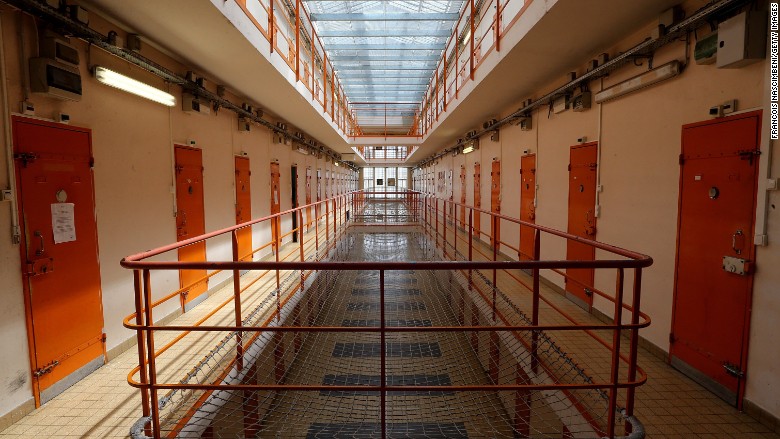
Some defendants charged with drug crimes should be offered a second chance the way corporations often are.
U.S. District Judge Emmet G. Sullivan proposed this in an 84-page opinion in cases against two corporations this week.
Sullivan approved a settlement that will allow the companies, each facing allegations of bribery to win government contracts, to settle criminal charges. They won't have to plead guilty and won't face trial as long as they stay out of trouble in the future.
But he used the opinion to make a broader point about what he sees as a disparity in how the legal system treats corporations and nonviolent offenders.
"Drug conspiracy defendants are no less deserving of a second chance than bribery conspiracy defendants," Sullivan wrote. "And society is harmed at least as much by the devastating effect that felony convictions have on the lives of its citizens as it is by the effect of criminal convictions on corporations."
Sullivan, who is in Washington, D.C., asked why companies get a shot at "rehabilitation" when many individuals do not.
Related: JPMorgan may settle charges over Madoff
At issue were what are called "deferred-prosecution agreements," which allow criminal defendants to avoid prosecution if they comply with agreed upon conditions for a specific amount of time.
Saena Tech Corp. and Intelligent Decisions were given such deals in exchange for paying hundreds of thousands of dollars in fines and putting systems in place to comply with the law going forward.
In approving the agreements, Sullivan blasted practices that he says let companies off the hook too easy.
He cited the Justice Department's recent settlement with General Motors over a fatal manufacturing flaw tied to more than 100 deaths. The car maker paid $900 million and was granted a deferred-prosecution agreement.
Sullivan called the settlement "a shocking example of potentially culpable individuals not being criminally charged."
The prosecution of corporations has been a hot-button issue in recent years, fueled by public anger over the 2008 financial crisis. Critics have accused prosecutors of letting companies off too easily.
In fact, Sullivan noted that the GM settlement came a week after the Justice Department announced it would be tougher in its pursuit of corporate defendants.
Sullivan also acknowledged the public debate over criminal justice reform and the "over-incarceration" of people for drug crimes. He urged the Justice Department to expand deferred-prosecution agreements to offenders who "might not be a banker or business owner," but who "nonetheless show all of the hallmarks of significant rehabilitation potential."
He cited President Obama, who said "America is a nation of second chances" when he commuted the sentences of 46 drug offenders in July.
